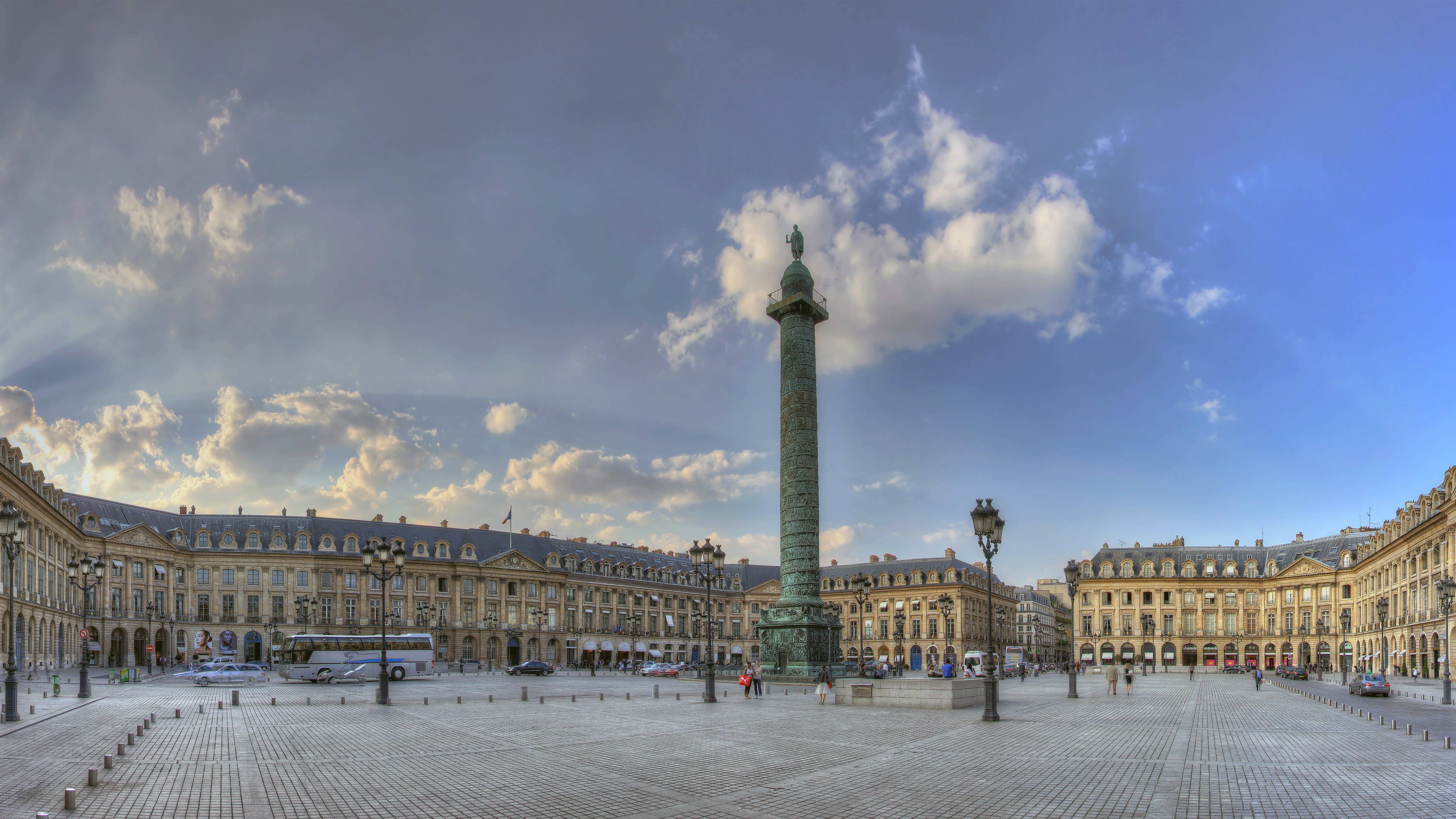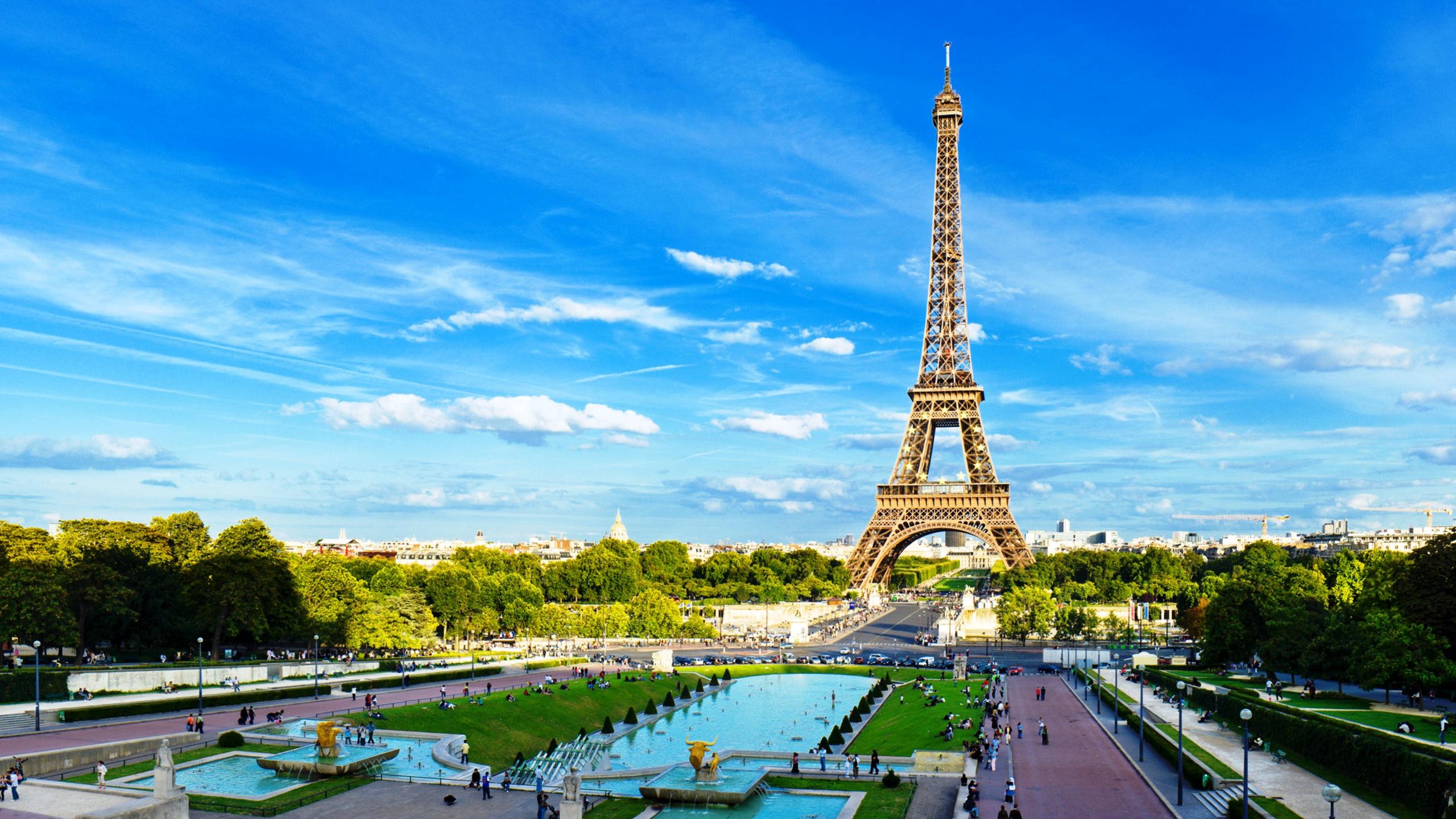When we consider a place of worship for Buddhism, we're really looking at a very specific kind of physical environment. It's not just any spot on the map; rather, it represents a particular position, an area, a distinct spot, or a space set aside for a special purpose. This idea of a designated "place" is quite central, you know, to how we understand these spiritual settings, giving a clear boundary to where certain activities happen.
Such a location, for instance, serves as a point where people might gather, a position they might occupy, or an area where collective quiet reflection takes place. It’s a bit like how Texas is a place in the United States, or how your seat at dinner marks your particular spot at the table; a place of worship, similarly to those examples, holds its own distinct identity. It is, in fact, a location that is recognized and used for specific spiritual practices, providing a communal ground for those who wish to connect with their beliefs.
The very word "place" itself carries multiple meanings, depending on how it's used, and this applies very much to a place of worship for Buddhism. It could be a building, a natural setting, or even just a designated spot within a larger area, each one serving as a focal point for devotion and study. Basically, it’s a physical setting that holds significance, offering a particular point or area for spiritual engagement and community life, as a matter of fact.
- Where Is Emma Chamberlain From
- Who Is Cheryl Scott Dating
- Michael C Halls Wife
- Alicia Keys Life Biography
- What Happened To Betsy Woodruff Swan
Table of Contents
- What Makes a Place Sacred for Buddhism?
- How is a Buddhist Place of Worship a Specific Location?
- The Purpose of a Place for Buddhist Practice
- What Roles Do These Places of Worship for Buddhism Fulfill?
- The Concept of "Place" in Broader Contexts
- Is Every Place a Place of Worship for Buddhism?
- Understanding the Essence of a Place
What Makes a Place Sacred for Buddhism?
A place of worship for Buddhism, in its most fundamental sense, is a physical environment. It is, you know, a defined setting where certain activities occur, a space that is physically present and can be experienced with the senses. This environment might be an indoor area, perhaps a building constructed for the purpose, or it could be an outdoor spot, maybe a garden or a quiet grove. The key element is that it exists as a tangible physical location, rather than just an abstract idea, providing a real setting for spiritual pursuit.
When we speak of such a place, we are referring to a position, an area, a spot, or a space. It’s a particular point on the earth’s surface, a designated area that has been set aside. Think of it like a specific spot where you keep something valuable, like your purse in a safe place; this place of worship for Buddhism is similarly a particular point that holds value for its community. It’s a location that offers a specific position for individuals to sit, stand, or move within, creating a shared area for collective or individual devotion, in a way.
How is a Buddhist Place of Worship a Specific Location?
A place of worship for Buddhism is, by definition, a specific location. This means it is not just a general expanse, but a precisely identified spot. It’s much like how you might describe the place on a shelf where a particular book belongs; it’s a precise and identifiable point. This exactness helps people find it and know its purpose, allowing them to gather with intention. It is, basically, a physical environment that has been given a special identity, setting it apart from other areas, so people know where to go.
- Mexico Actor
- Tracy Morgan Dead
- Quotes About Starting New Job
- First Country To Enter 2025
- Height Tom Jones
This specific location can also be understood as a building or a locality of special significance. Such a place is not merely any structure or natural area; it carries a deeper meaning for the people who use it. It might be a structure built with specific design elements, or a natural setting that has been revered for generations. The importance comes from the shared meaning and the activities that happen there, making it a spot that holds collective spiritual weight, actually.
The Purpose of a Place for Buddhist Practice
A place, in the context of a Buddhist worship area, is a seat or a position that is available for someone to occupy. This means it offers an open invitation for individuals to come and engage. It’s like an empty chair at a table, waiting for someone to sit down; the place itself provides the opportunity for participation. This openness allows people to find their own spot within the larger area, making it accessible for anyone seeking spiritual solace or communal engagement, you know, a space for everyone.
Furthermore, a place of worship for Buddhism is a particular position, a distinct point, or a defined area. It is a designated section where specific practices are carried out. This distinctiveness helps to focus the mind and body on the spiritual task at hand. It’s not just a random spot; it’s a spot chosen for its purpose, a point of convergence for those who wish to practice. This particularity helps to establish a clear purpose for the physical setting, making it a dedicated area for devotion, in some respects.
What Roles Do These Places of Worship for Buddhism Fulfill?
These places of worship for Buddhism, in a very real sense, help to consolidate efforts. They provide a central point where individuals can come together, bringing their personal practices into a shared setting. It’s like a platform that gathers different pieces of information into one coherent whole; similarly, these places bring together the varied spiritual efforts of many people. This allows for a collective energy to build, supporting individual paths within a communal framework, making it a very supportive environment, basically.
Moreover, such a place helps to synergistically bring together knowledge concerning spiritual teachings and practices. It becomes a hub where wisdom is shared and understood collectively. Think of it as a spot where different streams of understanding meet and merge, creating a deeper, richer comprehension for everyone present. This function is pretty important for the ongoing life of the community, allowing for a shared growth in spiritual understanding, as a matter of fact.
The Concept of "Place" in Broader Contexts
The word "place" itself has several meanings, and these meanings depend entirely on the context in which it's used. This flexibility is something we see clearly when we consider a place of worship for Buddhism. It's not a rigid definition but one that adapts to the particular spiritual and cultural setting. A place might mean a specific building in one instance, or a quiet corner of nature in another, showing how varied the concept can be, so, depending on where you are, the idea of a "place" shifts.
For example, just as Texas is a place in the United States, and your seat at dinner is your place at the table, a place of worship for Buddhism is also a distinct location or position. It’s a defined spot that serves a particular function, whether it’s for an individual or a group. These examples show how fundamental the idea of a "place" is in our everyday lives, and how that same basic concept applies to more profound settings like a spiritual gathering area, too it's almost a universal idea.
Is Every Place a Place of Worship for Buddhism?
Broadly defined, a place is simply a location. However, not every location is automatically a place of worship for Buddhism. The word is used to describe a specific location, such as the place on a shelf, but for it to be a place of worship, it needs to be recognized as a physical environment, a building, or a locality of special significance for that purpose. This distinction is quite important, you know, because it highlights the intentionality behind designating a spot for spiritual use.
The significance comes from the community's shared understanding and the activities performed there. It's not just about the physical space itself, but about the meaning that people give to it. So, while any spot could potentially become a place of worship, it only truly becomes one when it is set apart and used with specific spiritual intentions. This makes it a particular point or area that holds deep meaning for those who gather there, basically, a sacred spot.
Understanding the Essence of a Place
The word "place" as a noun primarily means "location," and as a verb, "to put." When we think about a place of worship for Buddhism, we are really considering a location where spiritual practices are put into action. It is a specific area where individuals position themselves for contemplation, where teachings are delivered, and where community life unfolds. This fundamental understanding of "place" as both a fixed spot and an action-oriented setting helps us grasp its full meaning in a spiritual context, you know, it’s where things happen.
In essence, a place of worship for Buddhism is a physical environment, a particular position, an area, a spot, or a space that is available for people to occupy. It is a specific location, whether a building or a natural setting, that holds special significance. It serves as a point where efforts can be consolidated and knowledge can be shared in a synergistic way. This understanding of "place" as a defined location for specific, meaningful activities, helps us to appreciate the role these areas play for those who seek spiritual connection and community, making them quite central to the practice, in a way.
- Single Black Crow Meaning
- First Country To Enter 2025
- Vatican Room Of Tears
- Taylor Russell Age
- Dan Bongino Education



Detail Author:
- Name : Justen Howell
- Username : kellen.kovacek
- Email : jakubowski.verlie@champlin.org
- Birthdate : 1987-10-16
- Address : 970 Lulu Ferry New Cora, OR 62706-1184
- Phone : (276) 716-1452
- Company : Hirthe-Tromp
- Job : Telecommunications Line Installer
- Bio : Omnis dolor quas ratione dicta consequatur vel alias. Maxime voluptatum sequi necessitatibus dolorum. Voluptas sit et neque suscipit. Laborum eveniet aut aut optio est.
Socials
instagram:
- url : https://instagram.com/skemmer
- username : skemmer
- bio : Maiores consequuntur sed eos deleniti. Officiis quam tenetur veniam quos.
- followers : 4908
- following : 85
tiktok:
- url : https://tiktok.com/@spencer_official
- username : spencer_official
- bio : Explicabo quia vel ea sunt. Provident laboriosam omnis tenetur.
- followers : 1496
- following : 2427
linkedin:
- url : https://linkedin.com/in/skemmer
- username : skemmer
- bio : Recusandae corrupti neque ipsa et voluptas.
- followers : 3392
- following : 2574
facebook:
- url : https://facebook.com/kemmers
- username : kemmers
- bio : Et aperiam adipisci quo et est excepturi aut rerum.
- followers : 6949
- following : 1541
twitter:
- url : https://twitter.com/spencer.kemmer
- username : spencer.kemmer
- bio : Omnis non qui soluta expedita ut molestias. Eos sed et soluta molestiae officia adipisci.
- followers : 5904
- following : 2372
